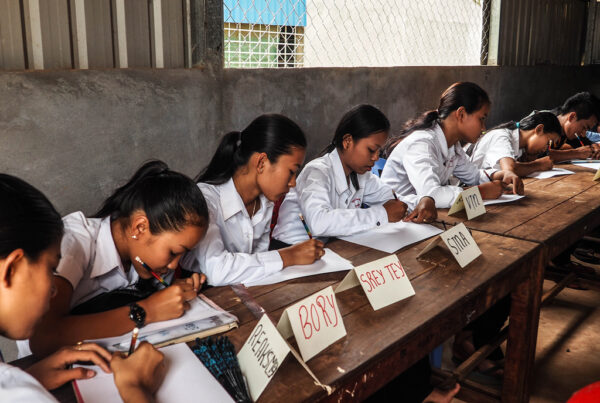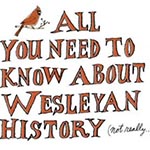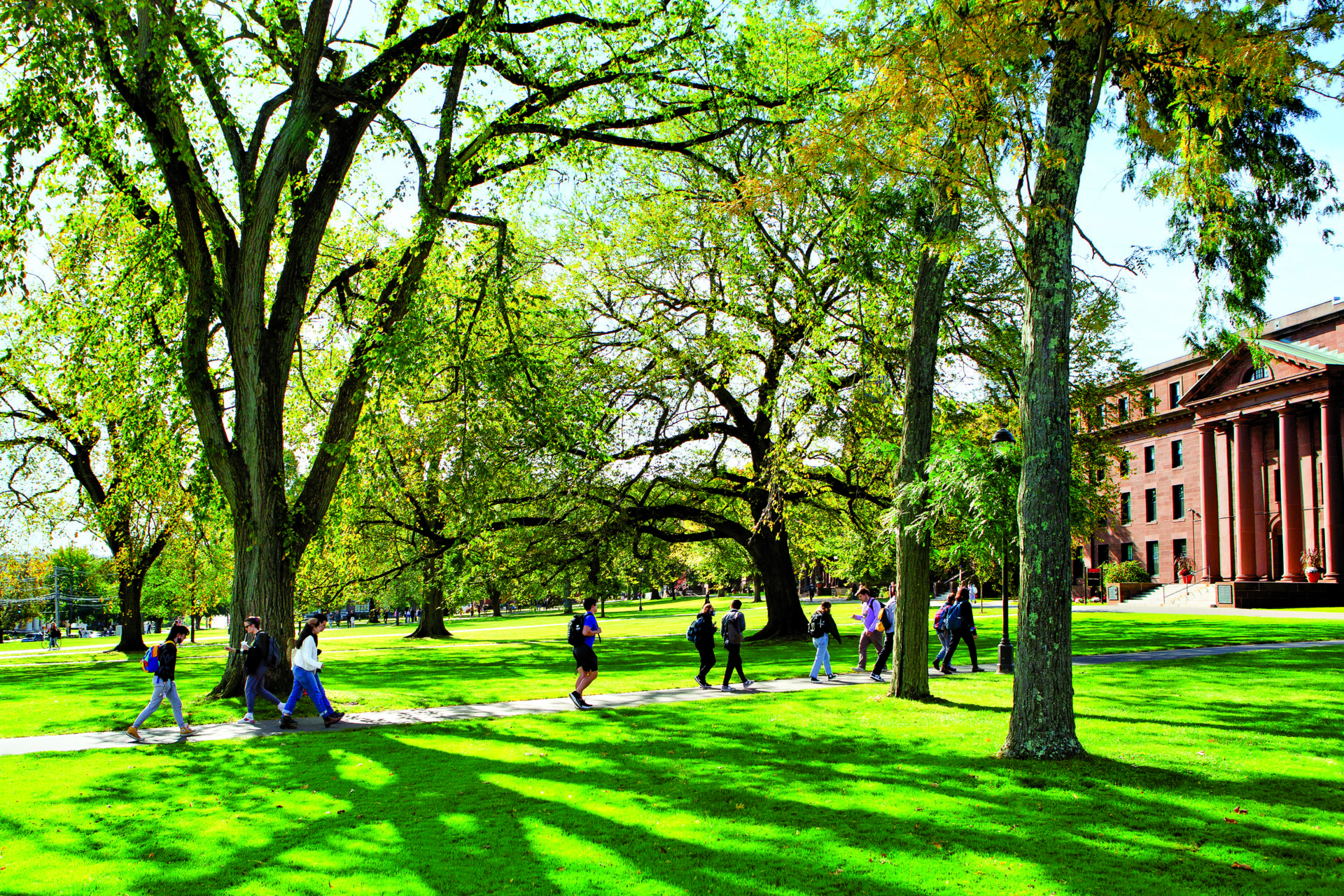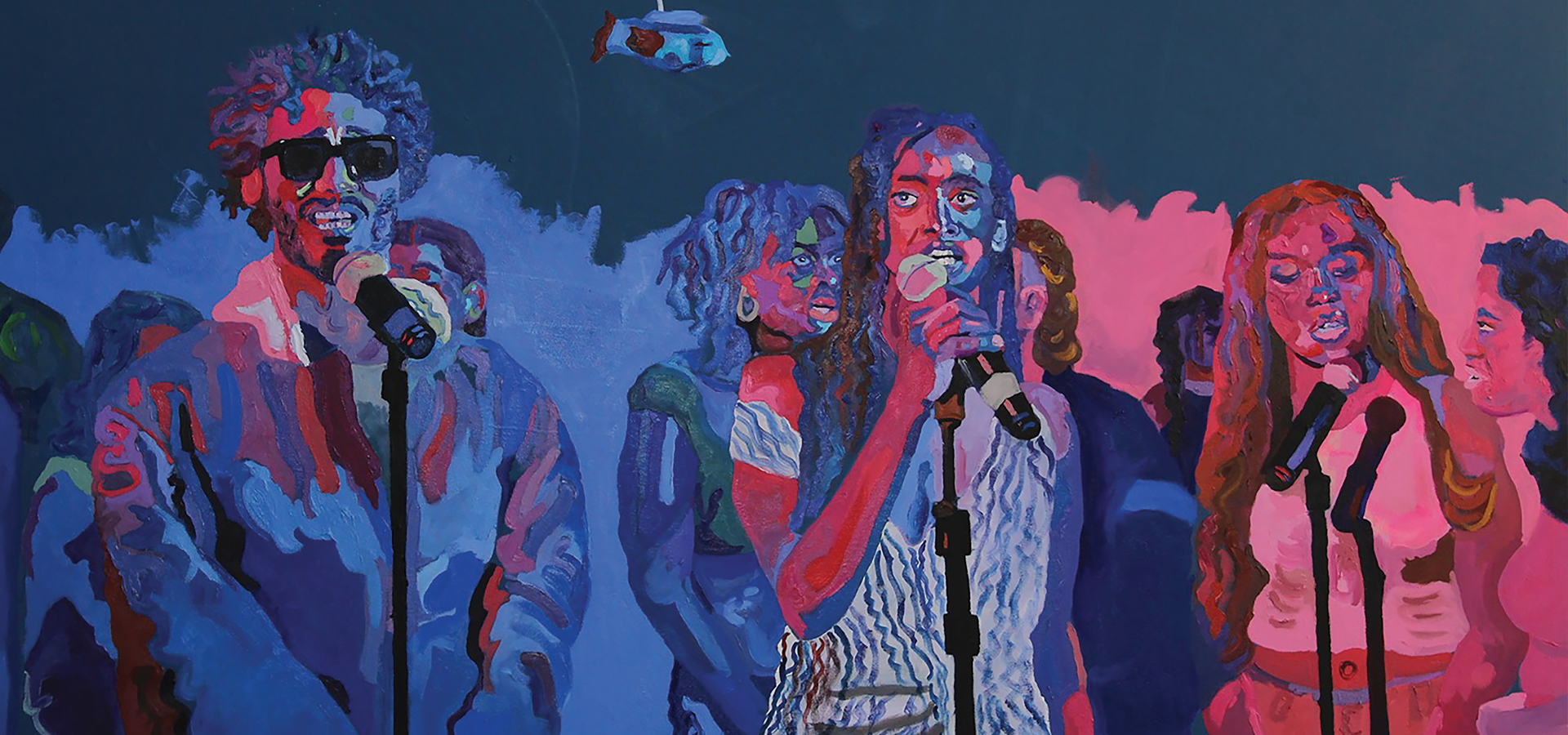Empowering Minds, Amplifying Voices

By Rachel Wachman ’24
Sue Guiney ’77 knew she wanted to be a writer as soon as she learned books existed.
As a child, she scribbled stories into notebooks, never dreaming that her love of writing would lead to the creation of an organization that helps at-risk and marginalized communities around the globe find their voices through creative writing and the thinking skills it teaches.
“Once you have your voice and you know what your story is, that empowers you,” Guiney said. “That allows you to live in a dangerous, difficult world and find your own way.”
Guiney, a poet and novelist, translated her philosophy around writing into the mission of her international nonprofit organization, Writing Through. Founded in Cambodia in 2014, Writing Through builds the capacity for critical and creative thought, enhances self-esteem and confidence, and improves spoken and written English fluency. Guiney has honed this methodology into workshops that have been taught over 150 times in Cambodia, Singapore, Vietnam, and the United States.
“Writing Through is . . . not solely about English language development or language fluency; it’s not solely a literacy . . . or a creative writing organization. It uses all of those things to develop thinking skills,” Guiney explained.
Guiney, who majored in English and classics, emphasized that her Wesleyan education taught her to use the creative side of her brain and seize opportunities.
In 2010, she began running writing workshops at Anjali House, a Cambodian nonprofit for low-income children pursuing education. Four years later, another nonprofit, Enfants du Mekong, asked her to run workshops at six of their centers. Her answer: Yes!
Thus, Writing Through was born. “What I keep saying is that the word ‘no’ is the death knell to creativity,” Guiney said. “So, you always want to say yes, then you figure it out afterwards. That, to me, is a very Wesleyan approach.”
Even after the pandemic hit and Writing Through transferred its workshops online, Guiney kept saying yes to new opportunities.
“The pandemic really has allowed us to grow much more quickly than I had ever imagined,” Guiney said.
The shift to remote learning accelerated Writing Through’s expansion, making it possible to bring workshops to the United States.
“This now allows us to be more intentional about where we work, where we expand to, and why,” Guiney explained. “So [Writing Through] can grow organically as we always have.”
Since 2018, Writing Through has hired two Wesleyan student interns every summer, and these students have helped the organization grow to reach more people.
Guiney’s desire to expand Writing Through’s impact stems from her belief that anyone can benefit from the thinking skills taught through creative writing, no matter their age or country. Some participants have never written creatively before, and others cannot speak much English. Regardless of skill level or English fluency, everyone who participates in a Writing Through workshop learns something.
“These workshops changed my life, how I see the world in a different way,” said Roun Ry, one of Writing Through’s first Cambodian participants. “We were taught to be creative, to write what we want to write. . . . Writing Through brought me the confidence to be brave.”
He underscored that the lessons he learned about creativity and confidence changed the way he viewed himself and his abilities, leading to his successful career as a freelance photographer.
“If you are able to feel comfortable in knowing what to think and having the language in which to express those thoughts, that’s your voice,” Guiney said.
Participants receive “magic pencils,” writing utensils that encourage them to find their voices and foster creativity during and after the workshop.
Guiney, too, has spent her life discovering her voice and sharing it. She has written three novels: Tangled Roots (2008); A Clash of Innocents (2010); and Out of the Ruins (2014). The latter two belong to a series set in Cambodia that explores the ethics of Western intervention in developing societies. Guiney’s fourth book is scheduled for publication this winter.
When not busy writing, Guiney spends time planning for Writing Through’s future.
“Every country in the world needs Writing Through,” Guiney said. “I have a vision [of] people anywhere in the world, riding on a bus in Mumbai or wherever, and then pulling out their magic pencils and smiling in recognition.”
Guiney believes that inside every person is a creative writer and a critical thinker.
“For those who say that they’re not creative, realize that your creativity doesn’t have to be a piece of art,” Guiney reiterated. “Your creativity is your life.”
For more information on Writing Through and Sue’s work, visit writingthrough.org and sueguiney.com.



